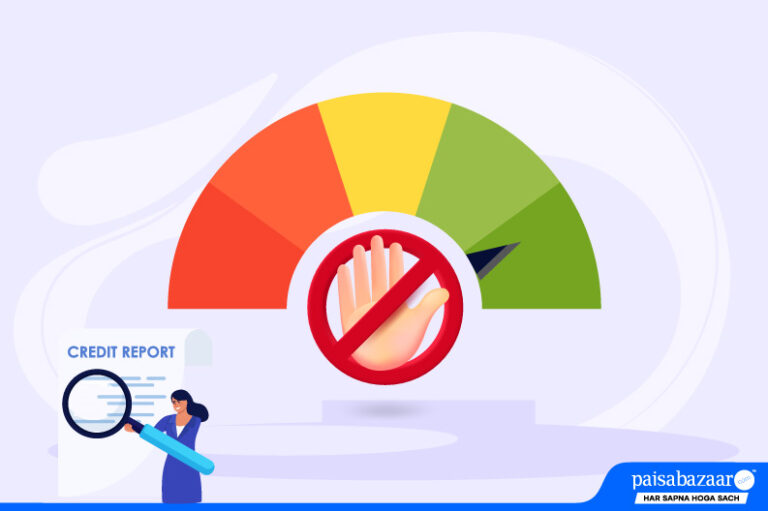Paisabazaar app Today!
Get instant access to loans, credit cards, and financial tools — all in one place
Our Advisors are available 7 days a week, 9:30 am - 6:30 pm to assist you with the best offers or help resolve any queries.
 Get the App
Get the App

Get instant access to loans, credit cards, and financial tools — all in one place

Scan to download on

Our Advisors are available 7 days a week, 9:30 am - 6:30 pm to assist you with the best offers or help resolve any queries.

The credit profile of your family member stays active even after their unfortunate demise. Even though most of us get their investments and savings realised, we often ignore reporting it to credit bureaus. Reporting the death ensures closure of financial accounts and prevents misuse or fraud in their name.

Your CIBIL Score is Available Instantly Check Now
It is still not mandatory to report a death to a credit bureau as per Indian laws, but it is always wise to do so. Reporting the demise of a borrower with active credit score helps to:
Apart from various government bodies that report instances of death of borrowers to financial institutions such as banks, NBFCs, credit card providers, etc. from time to time, following individuals can legally report the death of a specific borrower to credit bureaus:
It is worth mentioning that the credit bureau may not accept the reporting of demise of an individual done by friends, relatives, acquaintances, etc. However, they may initiate an enquiry about the same from the lending banks, government authorities or immediate family members/legal heirs.
There is no official method prescribed by any credit bureau to report the death of a family member. But one can report it by following the steps mentioned below:
Suggested Read: Found Error in your Credit Report? Here’s How to Raise a Grievance

Now Get Credit Score for FREE in your Language Check Now
How Credit Bureaus Respond to a Legitimate Death Report
|
Also Read: How Long Does Negative Information Stay in CIBIL Report